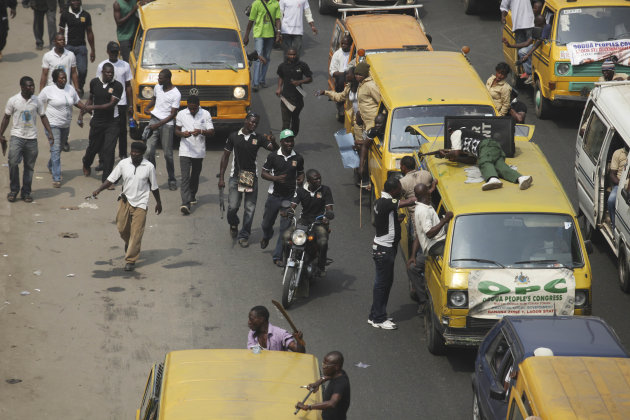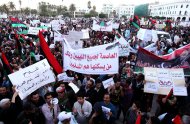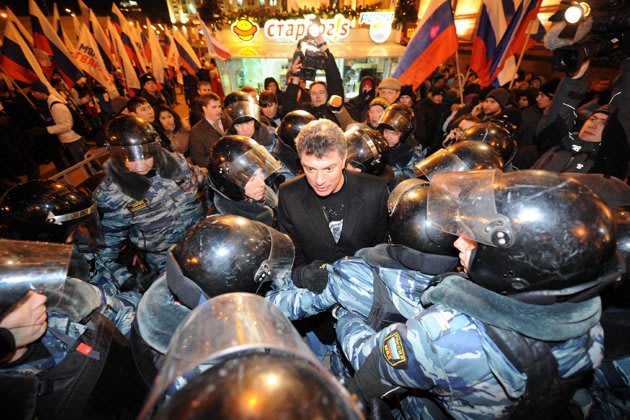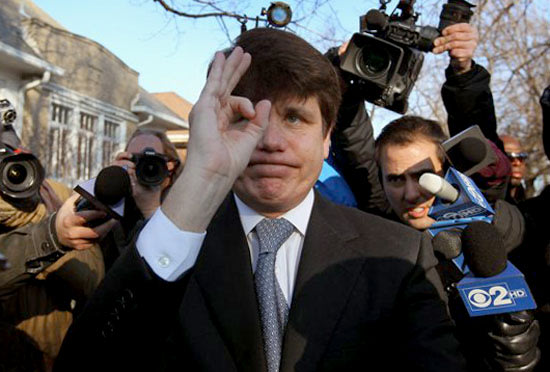SAN DIEGO (AP) — U.S. troops are increasingly using an easy-to-get herbal mix called "Spice," which mimics a marijuana high, is hard to detect and can bring on hallucinations that last for days.
The abuse of the substance has so alarmed military officials that they've launched an aggressive testing program that this year has led to the investigation of more than 1,100 suspected users.
So-called "synthetic" pot is readily available on the Internet and has become popular nationwide in recent years, but its use among troops and sailors has raised concerns among the Pentagon brass.
"You can just imagine the work that we do in a military environment," said Mark Ridley, deputy director of the Naval Criminal Investigative Service, adding, "you need to be in your right mind when you do a job. That's why the Navy has always taken a zero tolerance policy toward drugs."
Two years ago, only 29 Marines and sailors were investigated for Spice. This year, the number topped 700, the investigative service said. Those found guilty of using Spice are kicked out, although the Navy does not track the overall number of dismissals.
The Air Force has punished 497 airmen so far this year, compared to last year's 380, according to figures provided by the Pentagon. The Army does not track Spice investigations but says it has medically treated 119 soldiers for the synthetic drug in total.
Military officials emphasize those caught represent a tiny fraction of all service members and note none was in a leadership position or believed high while on duty.
Spice is made up of exotic plants from Asia like Blue Lotus and Bay Bean. Their leaves are coated with chemicals that mimic the effects of THC, the active ingredient in marijuana, but are five to 200 times more potent.
More than 40 states have banned some of its chemicals, prompting sellers to turn to the Internet, where it is marketed as incense or potpourri. In some states, Spice is sold at bars, smoke shops and convenience stores.
Sellers based in the United States and Europe advertising the incense on the Internet did not respond to emails or calls seeking comment.
The packets often say the ingredients are not for human consumption and are for aromatherapy. They are described as "mood enhancing" and "long lasting." Some of the sellers' Web sites say they do not sell herbal mixes containing any illegal chemicals and say they are offering a "legal high."
Service members preferred it because up until this year there was no way to detect it with urine tests. A test was developed after the Drug Enforcement Administration put a one-year emergency ban on five chemicals found in the drug.
Manufacturers are adapting to avoid detection, even on the new tests, and skirt new laws banning the main chemicals, officials say.
"It's a moving target," said Capt. J.A. "Cappy" Surette, spokesman for the Navy Bureau of Medicine and Surgery.
The military can calibrate its equipment to test for those five banned chemicals "but underground chemists can keep altering the properties and make up to more than 100 permutations," Surette said.
Complicating their efforts further, there are more than 200 other chemicals used in the concoctions. They remain legal and their effects on the mind and body remain largely unknown, Navy doctors say.
A Clemson University scientist created many of the chemicals for research purposes in 1990s. They were never tested on humans.
Civilian deaths have been reported and emergency crews have responded to calls of "hyper-excited" people doing things like tearing off their clothes and running down the street naked.
Navy investigators compare the substance to angel dust because no two batches are the same. Some who smoke it like a marijuana cigarette may just feel a euphoric buzz, but others have suffered delusions lasting up to a week.
While the problem has surfaced in all branches of the military, the Navy has been the most aggressive in drawing attention to the problem.
It produced a video based on cases to warn sailors of Spice's dangers and publicized busts of crew members on some of its most-storied ships, including the USS Carl Vinson, from which Osama bin Laden's was dropped into the sea.
Two of the largest busts this year involved sailors in the San Diego-based U.S. Third Fleet, which announced last month that it planned to dismiss 28 sailors assigned to the aircraft carrier USS Ronald Reagan.
A month earlier, 64 sailors, including 49 from the Vinson, were accused of being involved in a Spice ring.
Many of the cases were discovered after one person was caught with synthetic pot, prompting broader investigations.
Lt. Commander Donald Hurst, a fourth-year psychiatry resident at San Diego's Naval Medical Center, said the hospital is believed to have seen more cases than any other health facility in the country.
Doctors saw users experiencing bad reactions once a month, but now see them weekly. Users suffer everything from vomiting, elevated blood pressure and seizures to extreme agitation, anxiety and delusions.
Hurst said the behavior in many cases he witnessed at first seemed akin to schizophrenia. Usually within minutes, however, the person became completely lucid. Sometimes, the person goes in and out of such episodes for days.
He recalled one especially bizarre case of a sailor who came in with his sobbing wife.
"He stood their holding a sandwich in front of him with no clue as to what to do," he said. "He opened it up, looked at it, touched it. I took it and folded it over and then he took a bite out it. But then we had to tell him, 'you have to chew.'"
An hour later when Hurst went back to evaluate him, he was completely normal and worried about being in trouble.
"That's something you don't see with acute schizophrenic patients," he said. "Then we found out based on the numbers of people coming in like this, that OK there's a new drug out there."
Hurst decided to study 10 cases. Some also had smoked marijuana or drank alcohol, while others only smoked Spice.
Of the 10, nine had lost a sense of reality. Seven babbled incoherently. The symptoms for seven of them lasted four to eight days. Three others are believed to now be schizophrenic. Hurst believed the drug may have triggered the symptoms in people with that genetic disposition. His findings were published in the American Journal of Psychiatry in October.
He said there are countless questions that still need answering, including the designer drug's effects on people with Post Traumatic Stress Disorder or traumatic brain injuries.
What the research has confirmed, he said, is: "These are not drugs to mess with."











